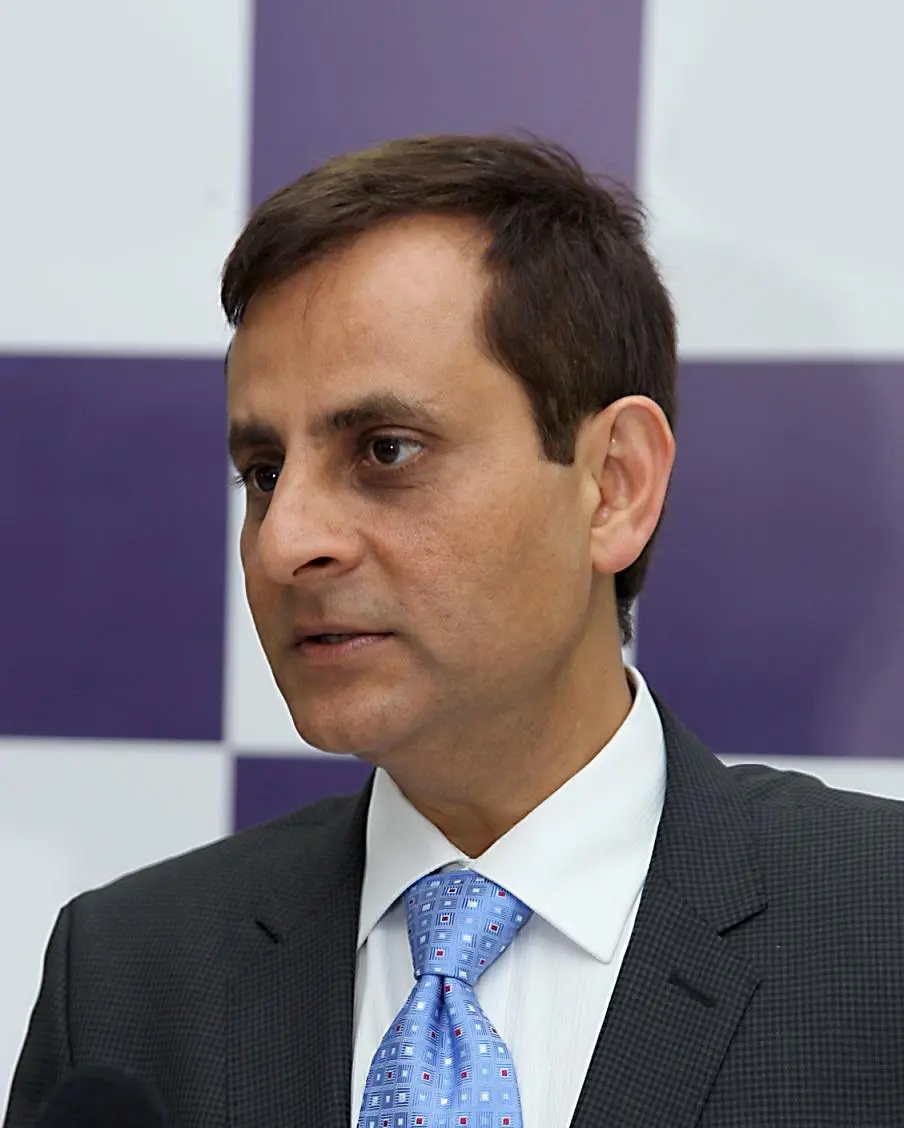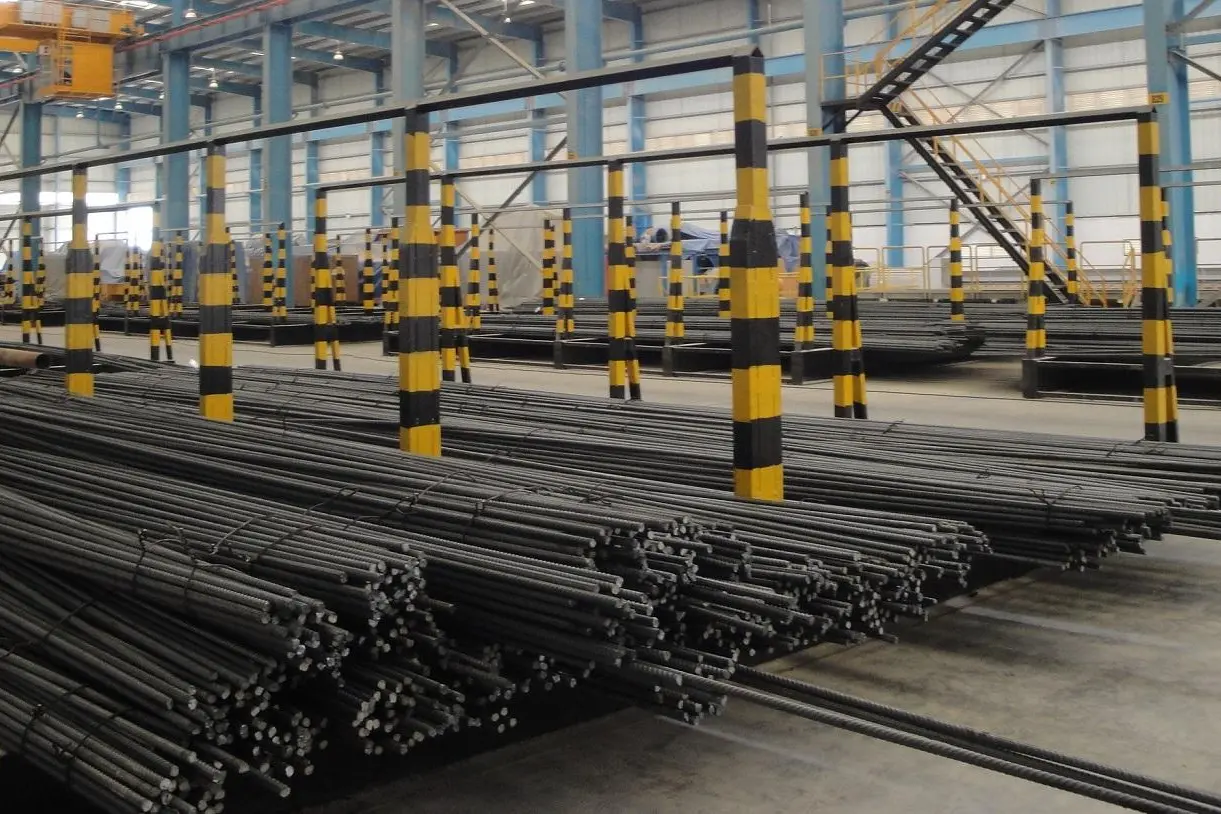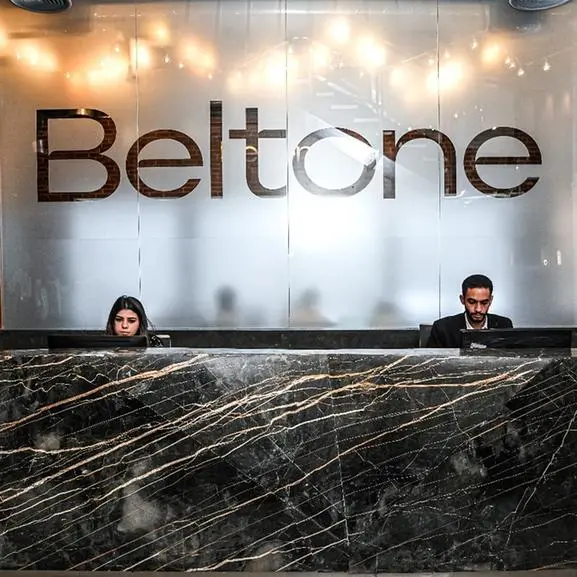PHOTO
Conares, the biggest private sector steel manufacturer in the UAE, is aiming to double its turnover to 2 billion UAE dirhams ($544.5 million) over the next two years by increasing capacity utilisation and growing exports with credit insurance, the company CEO said.
The Dubai-based company’s installed annual production capacity currently stands at one million tonnes with the output mainly comprising steel pipes, rebars and pre-painted coils.
Bharat Bhatia said the installed capacity of one million tonnes became functional from the start of 2020.
“Our installed capacity in 2019 was around 700,000 tonnes. Out of that, we had sold around half-a-million tonnes, so we were at 75 percent utilisation,” he said.
Bhatia is hoping to use a credit insurance agreement with Etihad Credit Insurance (ECI), the UAE’s federal credit insurance company, to boost exports and double turnover.
The Conares chief pointed out that the company was operating up to half a million tonnes with the existing bank lines [or receivables discounting facility].
“We cannot expect banks to double their lines but if we don’t get financial support, we cannot run and maximise our plant,” he explained.
Last week, the company announced it had signed up with ECI for a multi-buyer trade credit solution, which will minimise the risks connected to the exports of its products. The agreement also saw more than 10 banks come forward with investment support.
Conares’ agreement with ECI will initially cover sale of $150 million worth of products. And, in a first for the UAE steel industry, the deal covers exports to the US, a key export destination for Conares and the EU.
“We are doing most of our business in the US, Canada, Europe, Australia and Singapore,” said Bhatia. “The GCC region, outside the UAE, is also an export market.”
Currently, exports constitute nearly 20 percent of Conares’ total production.
He said the company hopes to achieve 20-25 percent increase in exports in the next three to four months with ECI’s payment guarantees.
“I will not only be able to tap new countries but within the same country, I will be able to tap new customers,” said Bhatia. “For example, there were parts of Africa where we weren’t selling as no one was ready to insure us, and we didn’t want to deal with banks that weren’t recognised here. ECI’s support will help open up such markets.”


Bharat Bhatia, CEO, Conares
The agreement will also give Conares access to ECI’s comprehensive information database platform of 360 million companies in both domestic and international markets.
Bhatia has set his sights on doubling the 2019 turnover of nearly one billion dirhams ($272 million).
“With our enhanced capacity, we believe we can achieve a turnover of 1.2 billion to 1.4 billion dirhams ($327 million -$381 million) but with [the support of] ECI, we could cross 2 billion dirhams ($544.5 million) in couple of years,” he said.
Insuring against non-payment
ECI CEO Massimo Falcioni had pointed out at a press event last week that Conares would be able to offer better terms and conditions to its customers with credit insurance support from ECI.
ECI’s support, he explained, would enable the company to switch from cash/bank transfer and Letter of Credit (LC) mode, which is also a cost, to more competitive open credit mode under insurance guarantee.
“This guarantee means that the trade receivables of Conares are insured so they can be used for additional funding, which will enhance their working capital and cash flow,” said Falcioni.
In August last year, Zawya had reported that 82 percent of UAE-based small and medium enterprises (SME) in metal and related products sell on cash, and 18 percent on LC, the highest in any sector.
Bhatia said ECI protection will give banks more comfort to discount.
“I want to discount [receivables] without recourse,” he explained. “We will also have a better option to increase our volumes.”
He pointed out with insurance from ECI means the company need not wait till customer opens the LC facility to start production.
“I can get the contract signed, start production, and ship the products, which will reduce my wait time and enable me to maximise my facility. If I reduce my wait time, I can deliver faster; and if I deliver faster, I can get new orders.”
Apart from protecting against non-payment, credit insurance could further improve the company’s cash cycle by knocking a few days off from the usual tenor of 90-120 days, according to Bhatia.
“If the customer is willing to pay the cost of financing which my banks will charge for discounting, the tenor will be 15-20 days faster, which is a lot where the steel industry is concerned. For example, if we are doing 40,000 to 70,000 tonnes a month, and if the payment is delayed by 30 days, we miss one month’s cycle of production.”
He said the higher volumes foreseen on the back of ECI’s support could help the company achieve 50 to 75 percent utilisation of its production capacity in one to two years’ time.
During the press meet, Falcioni had noted that in the medium term, Conares could expect to increase its exports two to three times the current volume. Going forward, ECI would also look at increasing the insurable tranche for Conares by 50 percent, he said.
(Reporting by Anoop Menon; Editing by Mily Chakrabarty)
Disclaimer: This article is provided for informational purposes only. The content does not provide tax, legal or investment advice or opinion regarding the suitability, value or profitability of any particular security, portfolio or investment strategy. Read our full disclaimer policy here.
© ZAWYA 2020




















